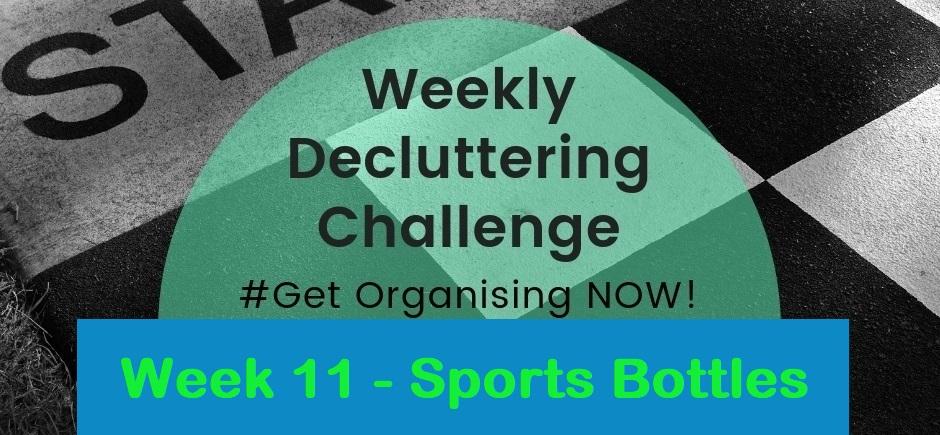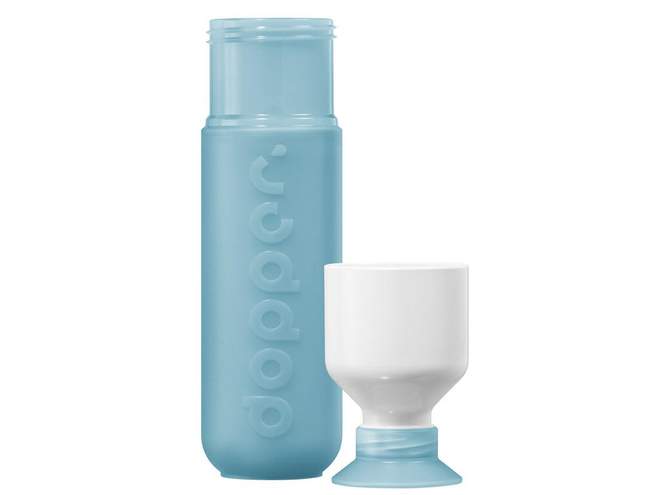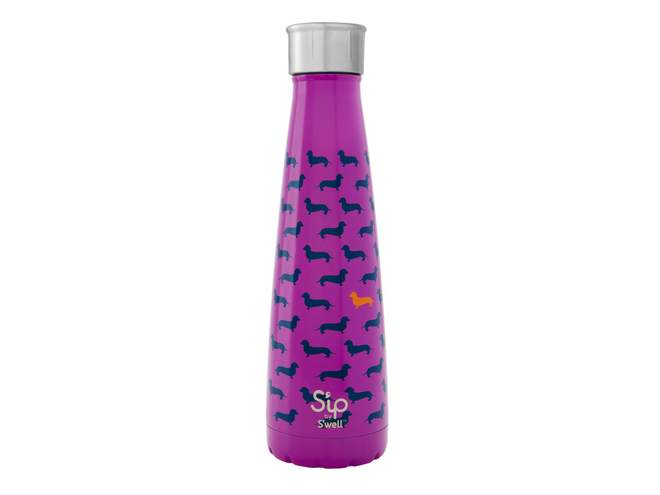



Back in the kitchen this week tackling another small area - Sports bottles.
Not the messiest cupboard but they can get out of hand.
Join me letting go of what we don't need with tips on how to store.
How much water are you drinking?
6 - 8 glasses daily is recommended for keeping you hydrated.
Keeping a bottle handy will help you achieve this.
Single use plastics Vs reusable?
Reusable wins every time!Help cut down waste from single-use plastics by refilling your reusable bottle saving you money too, win win! Most reusable bottles are BPA free which is better for your health (More info next time)
Reusable Bottles - What is BPA?
BPA FREE is Better for your health... What does BPA Free mean?
BPA can affect your health if it seeps into your water, here's how...
Bisphenol A, or BPA, is a chemical found in many hard plastics. Higher doses have been linked to infertility and other health problems. Polycarbonates are hard plastics, often used to make water bottles. This chemical leaches, especially when exposed to heat or acidic liquids such as fruit juice or coffee.
BPA mimics estrogen in the body and interferes with normal developmental, neural, and reproductive functioning.
Is your bottle BPA Free?
Look at the printed information that came with the bottle. If it is not made from a BPA-leaching plastic, it should be marked "BPA Free." Also look for words like polycarbonate, lexan or polysulfone, as these are plastics that often contain and leach BPA.
Look at the recycling symbol. Plastics that carry the number 7 are made with polycarbonates, which often contain BPA. Bottles that are BPA-free are likely to carry the recycling numbers 1, 2, 4 or 5.
Resources taken from Classroom
WANT TO TREAT YOURSELF TO A FANCY NEW BOTTLE


Missed a week? Don't worry, Catch up below
© Copyright www.inspireyourplace.com